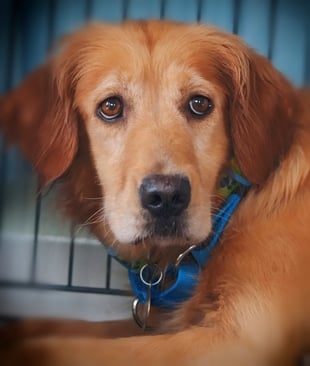Update your browser for more security, speed and the best experience on this site.
Lost RAGOM Dogs
Dogs run away for many reasons. Some have wanderlust and take advantage of every open door. Others meander away following a scent. But the most common reason rescued dogs go missing is fear.
Skittish dogs bolt when faced with unfamiliar situations. Loud noises—such as fireworks or gunshots—can panic even well socialized dogs when they’ve been uprooted from their family and relocated to a foster or adoptive home.
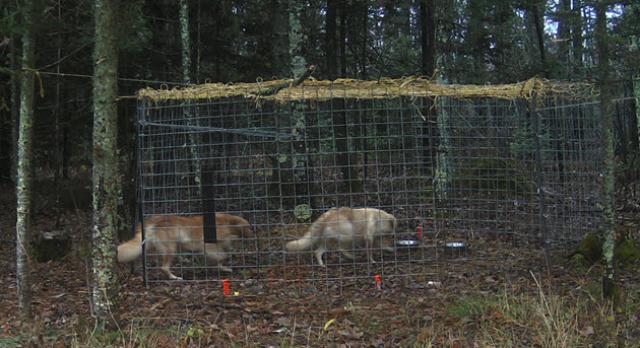

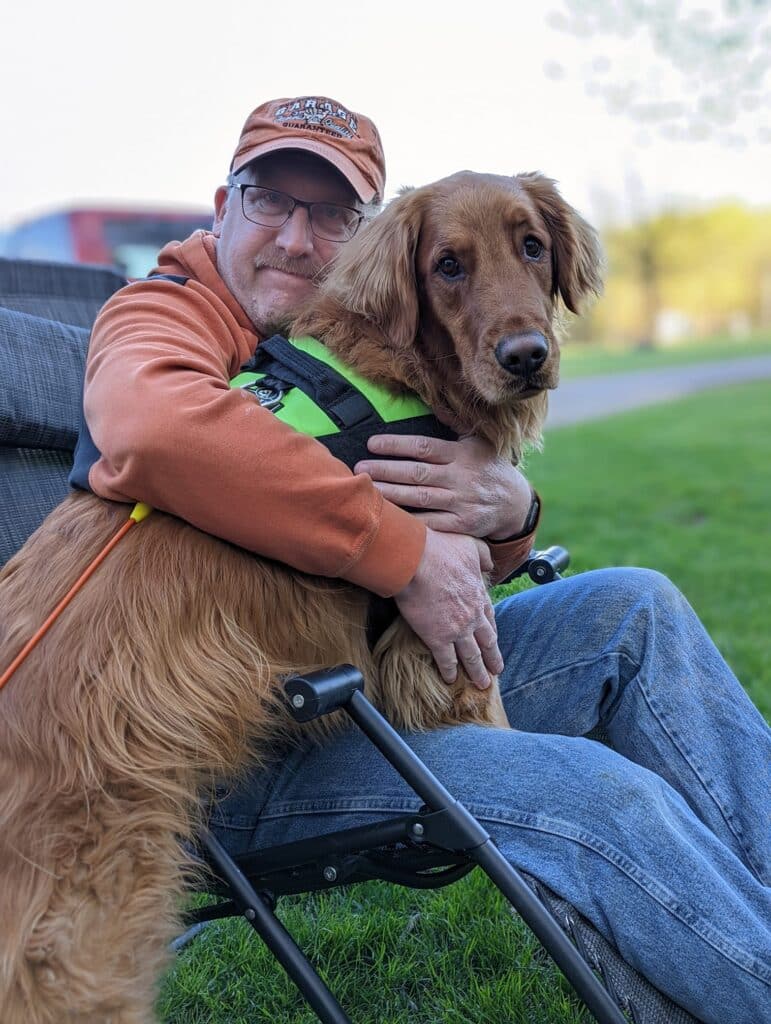
 If Your Dog Is Missing
If Your Dog Is Missing
If you have lost sight of your dog, call 612-547-9004 immediately to connect with the Retrievers Volunteer Lost Dog team. A team member will collect information about your dog and notify RAGOM’s Lost Dog Coordinator, who will support you during the search.
You will likely be advised to:
- Drive around and talk to neighbors to see if anyone has spotted your dog.
- Place food and a scent article (the dog’s bedding, toys, or owner’s clothing if the dog is bonded to you) in the area where the dog bolted.
- Email a high-resolution photo to [email protected] so the team can create a flyer. Typically, an unresized camera phone image is sufficient.
- Open the gate to your yard—or even better, the back door to your house—and leave it open in case your dog returns.
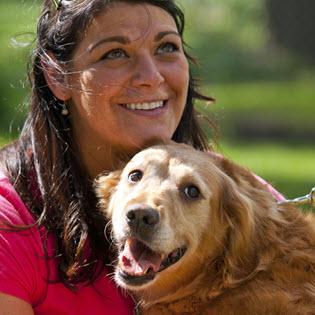
 What Happens Next
What Happens Next
A Volunteer from RAGOM’s Lost Dog team will reach out to you and they will consult with you at every stage of the search. He or she will help you know what to do next, including preparing and distributing flyers; reporting the lost dog to local law enforcement, shelters, and animal control agencies; posting an ad on Craigslist; and spreading the word through social media, etc.
For prolonged cases, RAGOM will use the Lost RAGOM Dog Facebook page to coordinate search efforts, enlist the help of volunteers, and inform the public.
When a RAGOM Volunteer contacts you, please communicate with them using their personal phone number, rather than the Lost Dog line.
Lastly, remember that even though there will be many people helping to find your dog, your commitment and efforts—and the passion you bring to the search—will inspire and energize everyone involved.
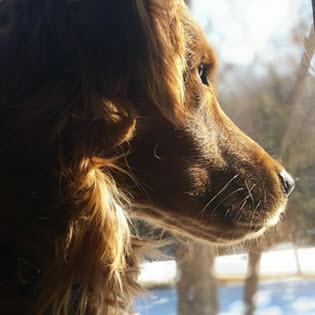
 Did you know?
Did you know?
A dog transitioning to a new home or visiting a strange place is a high flight risk—make sure your new dog doesn’t run away.
The trip home
- No potty breaks!
- Keep your dog crated in the car.
- Pull into your garage and close the door before removing your dog from the car.
The first two weeks
- Check your fence for gaps and faulty gate latches before your dog arrives.
- Do not leave your dog unattended in your yard.
- Double-leash your dog on walks using a martingale collar and harness—no flexileads!
- Avoid outings and trips away from home.
